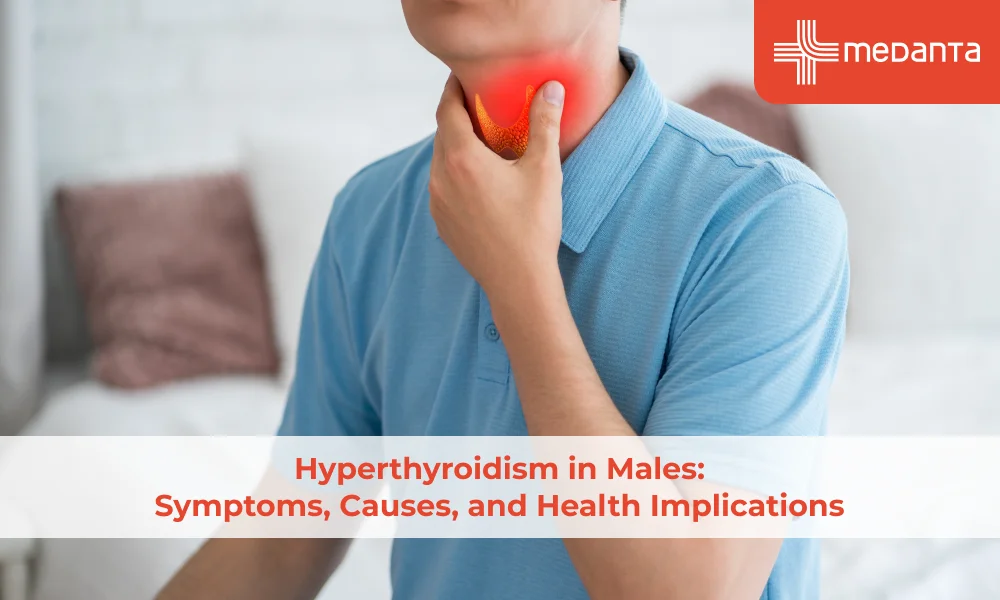The Impact of Parkinson's Disease on Mental Health and Well-Being
The disorder of Parkinson's disease is related to the nervous system, and it affects the balance, coordination, and movement of an individual. Although the disease is typically linked to physical indications, it can negatively affect an individual's psychological welfare and overall well-being.
This post will delve into the parkinson’s cause, diagnosing parkinson’s disease, and cure of Parkinson's disease alongside its influence on psychological welfare and overall well-being. Furthermore, we will analyse the way Parkinson's disease can influence an individual's mental state and overall sense of contentment.
Cause of Parkinson's Disease
The main cause of Parkinson's disease is the degeneration of cells that produce dopamine, a neurotransmitter that controls movement, mood, and motivation. As the levels of dopamine drop, movement becomes more difficult and slower. Although the exact cause of Parkinson's disease is not clear, certain factors have been identified as possible contributors such as age, genetics, exposure to toxins and head injuries.
There are two classifications of Parkinson's disease: primary and secondary. The primary is the most common type and is also known as idiopathic. It has no identifiable Parkinson’s cause whereas the secondary type is caused by other factors like medications, toxins or underlying medical problems. Being a progressive condition, Parkinson's symptoms worsen over time.
Mental Health and Well-being
Parkinson's disease, while mainly acknowledged for its physical manifestations, can considerably affect an individual's mental health and overall well-being. Anxiety and depression are prevalent among Parkinson's patients, with nearly 50% suffering from depression at some stage in their illness.
The precise mechanisms of how this ailment impacts one's mind are yet to be fully grasped, but analysts postulate that dopamine loss may contribute to the disorder. Since dopamine regulates mood, motivation, and pleasure, a decline in its levels might trigger anxiety and depression. Cognition impairment is also known to accompany Parkinson's disease; this encompasses memory, attention, and decision-making difficulties.
As the condition advances, cognitive impairment may worsen, and even prompt dementia in some circumstances. Additionally, Parkinson's exerts a profound influence on social welfare and quality of life. Many Parkinson's patients receive stigmatisation and prejudice, given their symptoms such as movement and tremors. Such societal attitudes can evoke emotions of isolation and consequently impaired involvement in social undertakings. Due to these the overall quality of life suffers a lot.
Diagnosing Parkinson's Disease
Diagnosing Parkinson's disease can be a daunting task since no singular assessment can authentically diagnose the disease. Instead, medical professionals utilise clinical evaluations in tandem with diagnostic criteria to determine a diagnosis.
The UK Parkinson's Disease Society Brain Bank criteria are the most commonly employed diagnostic criteria and includes at least two of the following three symptoms: tremors, bradykinesia (sluggish movement), and rigidity (stiffness) as a requisite.
Albeit the previously mentioned motor signs, other factors like reaction to medication, family history, and the existence of other medical conditions are also factors evaluated.
Early detection of Parkinson's disease is crucial as it can allow Parkinson's patients to acquire the necessary Parkinson’s disease treatment and care, which can ameliorate their quality of life. The diagnosis of Parkinson's disease in the early stages can be arduous as the symptoms may not be striking or specific.
Parkinson's Disease Treatment
Although Parkinson's disease has no cure, there are Parkinson’s disease treatment options accessible, aiding in controlling symptoms and enhancing the standard of living. The most prevalent treatments for Parkinson's disease are drugs and surgery.
Medication
Medications for Parkinson's disease work by either boosting the dopamine levels in the brain or imitating their impacts. Levodopa is the most commonly employed Parkinson's drug, being transformed into dopamine in the brain. Other drugs, like dopamine agonists and MAO-B inhibitors, also aid in increasing dopamine levels.
Even though medication can control symptoms, it can be accompanied by side effects such as dizziness, hallucinations, or nausea. Furthermore, prolonged use of Levodopa could result in dyskinesias- involuntary movements.
Surgery
Surgery can be an option for those with Parkinson's disease who do not benefit from medication. Deep brain stimulation- a surgical procedure involving electrodes implanted in the brain- is implemented to stimulate particular areas and improve mobility. Even though DBS can stabilise symptoms, it doesn't suit all people and does hold potential risks like bleeding or infection.
Besides medication and surgery, several therapies and interventions could enhance life's quality for Parkinson's disease patients. These therapies encompass physical, speech, and occupational therapy as well as support groups.
Emerging therapies and ongoing research into Parkinson's disease treatment are also providing hope for the future. Stem cell therapy, gene therapy, and neuroprotective therapies are all areas of active research that may offer new treatment options in the future.
Conclusion
A disorder that targets the nervous system, Parkinson's disease, has adverse effects on locomotion, poise, and harmony. Beyond the obvious physical symptoms, Parkinson's disease can exert a severe strain on psychological well-being and general welfare. Many individuals with Parkinson's disease undergo depression, unease, and cognitive deterioration, and the disease can inflict havoc on mental health, communal welfare, and standard of living.
Detecting and treating the condition early proves significant in yielding better results. Although there is no definite cure, various treatments such as medication and surgery can mitigate symptoms, and alternative interventions usher optimism for combatting Parkinson's further. Research in Parkinson's disease treatment also continues to spearhead progressive strides in the future.






